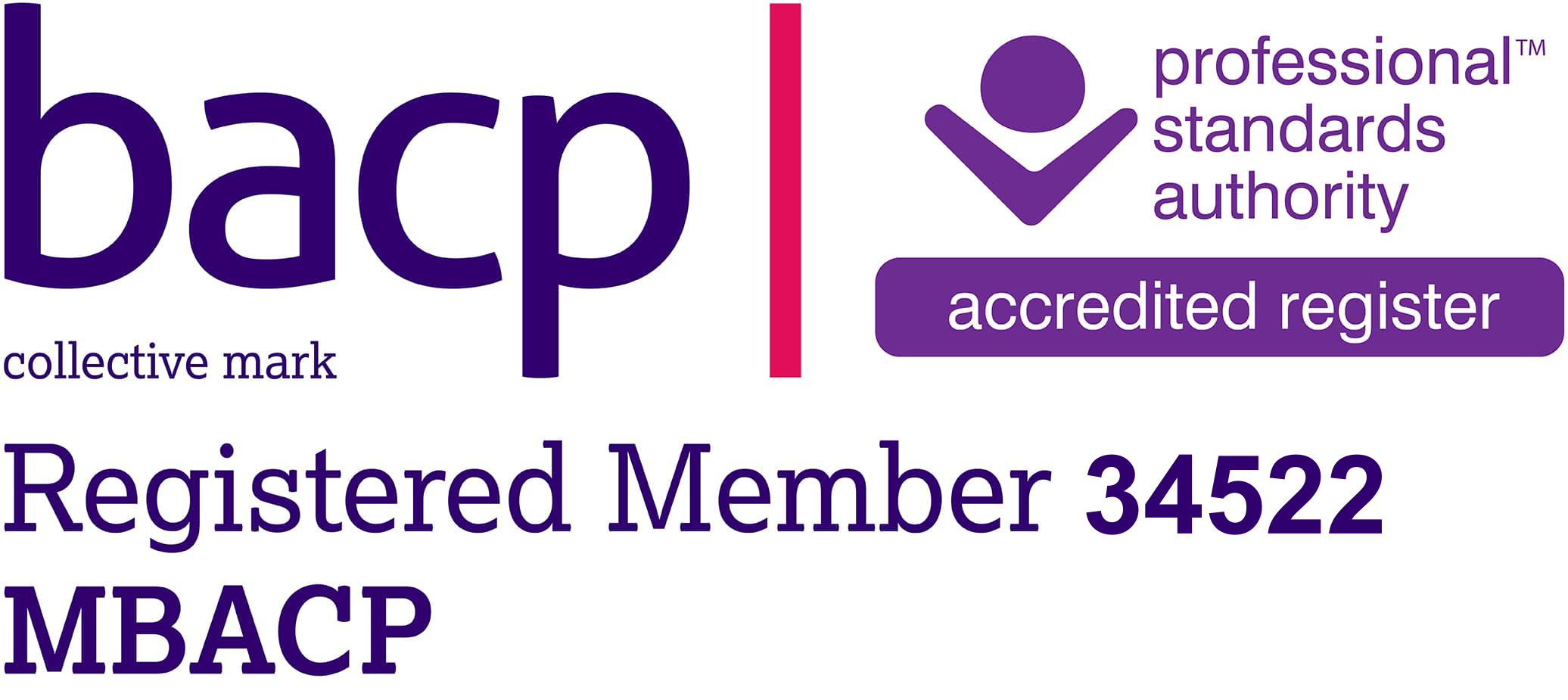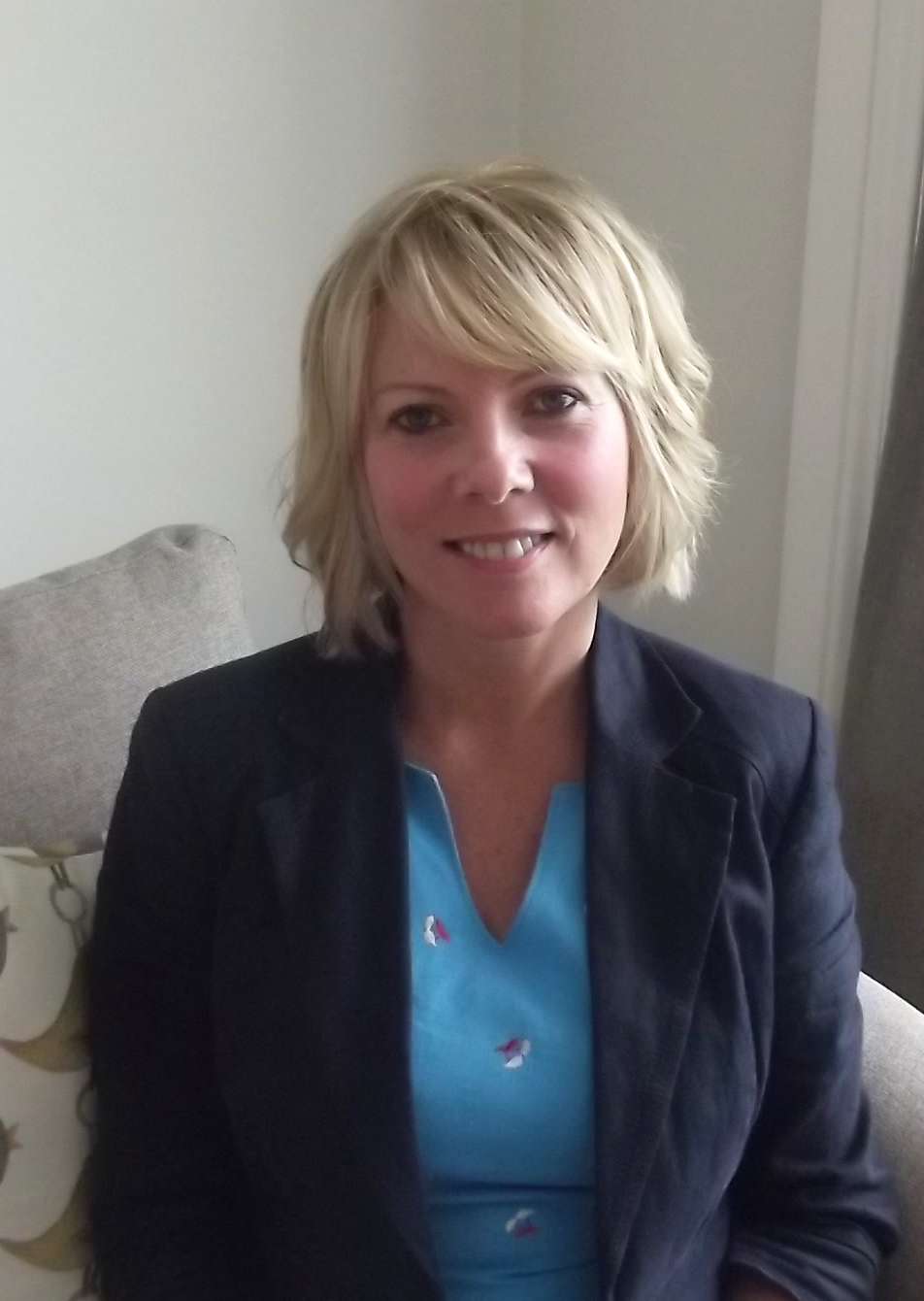What is depression?
The word depressed is a common everyday word. People might say "I'm depressed" when in fact they mean "I'm fed up because I've had a row, or I’m upset because I failed an exam, or I’m really down because I lost my job", etc. These ups and downs of life are common and normal. Most people recover quite quickly. With true depression, you have a low mood and other symptoms each day for at least two weeks. Symptoms can also become severe enough to interfere with normal day-to-day activities.
What symptoms should I look out for?
Many people know when they are depressed. However, some people do not realise when they are depressed. They may know that they are not right and are not functioning well but don't know why.
There is a set of symptoms that are associated with depression and help to clarify the diagnosis. These are:
Core (key) symptoms
• Persistent sadness or low mood. This may be with or without weepiness.
• Marked loss of interest or pleasure in activities, even for activities that you normally enjoy.
Other common symptoms
• Disturbed sleep compared with your usual pattern. This may be difficulty in getting off to sleep, or waking early and being unable to get back to sleep. Sometimes it is sleeping too much.
• Change in appetite. This is often a poor appetite and weight loss. Sometimes the reverse happens with comfort eating and weight gain.
• Tiredness (fatigue) or loss of energy.
• Agitation or slowing of movements.
• Poor concentration or indecisiveness. For example, you may find it difficult to read, work, etc. Even simple tasks can seem difficult.
• Feelings of worthlessness, or excessive or inappropriate guilt.
• Recurrent thoughts of death. This is not usually a fear of death, more a preoccupation with death and dying. For some people despairing thoughts such as "life's not worth living" or "I don't care if I don't wake up" are common. Sometimes these thoughts progress into thoughts and even plans for suicide.
Types of Depression:
There are a number of types of Depressive Disorder and CBT can be and effective treatment for:
Persistent Depressive Disorder
If you have depression that lasts for 2 years or longer, it's called persistent depressive disorder. It used to be known as dysthymia.
You may have symptoms such as:
• Change in your appetite (not eating enough or overeating)
• Sleep too much or too little
• Lack of energy, or fatigue
• Low self-esteem
• Trouble concentrating or making decisions
• Feel hopeless
Bipolar Disorder
Someone with bipolar disorder, which used to be called "manic depression," has mood episodes that range from extremes of high energy with an "up" mood to low "depressive" periods.
When you're in the low phase, you'll have the symptoms of major depression.
Seasonal Affective Disorder (SAD)
Seasonal Affective Disorder is a period of major depression that most often happens during the winter months, when the days grow short and you get less and less sunlight.
If you have SAD, antidepressants can help. So can light therapy. You'll need to sit in front of a special bright light box for about 15-30 minutes each day.
Postpartum Depression
Women who have major depression in the weeks and months after childbirth may have postpartum depression.


